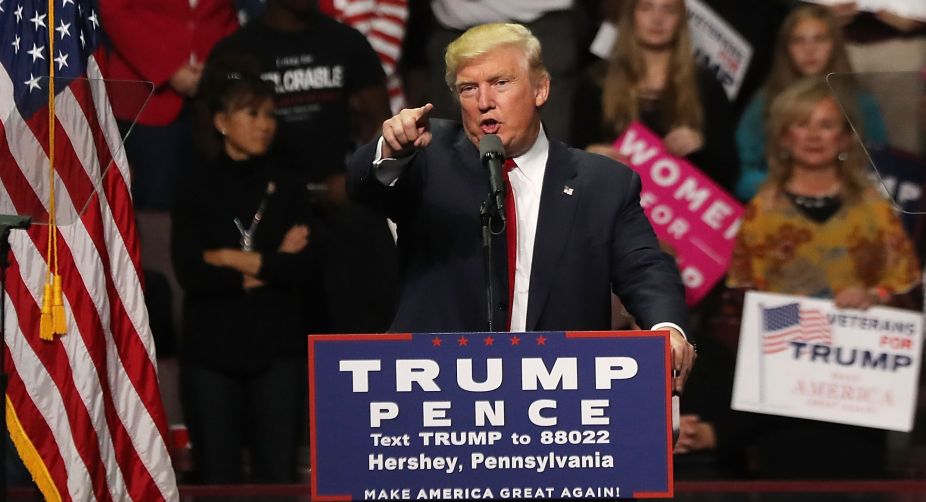Intelligence officials around the world on Tuesday were jolted by revelations in a top-secret report from the US National Security Agency that Russia made hacking attacks to influence the 2016 American presidential election.
The NSA report published on Monday by online news organisation The Intercept said that Russia's military intelligence conducted over 100 cyberattacks on voting software providers and local election officials.
Advertisement
According to the leaked document, which was dated May 5, Russia's Military Intelligence Directorate (GRU) allegedly launched an attack in August 2016 against a US company "evidently to obtain information on elections-related software and hardware solutions".
"The actors likely used data obtained from that operation to launch a voter registration-themed 'spear-phishing' campaign targeting US local government organisations," reported Efe news, citing the classified NSA report.
Spear-phishing is an information-gathering technique directed at specific individuals or companies, which often uses fake e-mails as a way to extract passwords from unwitting targets.
A 25-year-old US government contractor, Reality Leigh Winner, was accused by authorities of leaking the NSA report and charged with mishandling classified information.
Winner was arrested last week and remains in jail pending a detention hearing this week, according to her attorney Titus T. Nichols.
Nichols called for the release of his client, saying: "She has no criminal history; it's not as if she's a threat to anyone."
Winner worked for the Pluribus International Corporation consulting firm and had top secret clearance, which allowed her to handle classified information.
Pluribus International's clients include the Defence Intelligence Agency, the US Army and US Central Command.
The US Department of Justice said in a statement that Winner printed out a classified document from her office computer on May 9 and mailed it to The Intercept.
However, the indictment shows that investigators managed to track down the suspect when they noted that the document posted on The Intercept's website showed folding marks.
They then deduced that the document had been sent by mail and further determined that six people had access to the document.
Authorities found that only Winner had made email contact with The Intercept.











